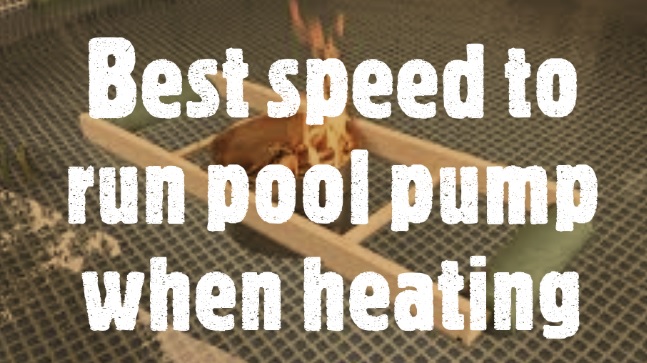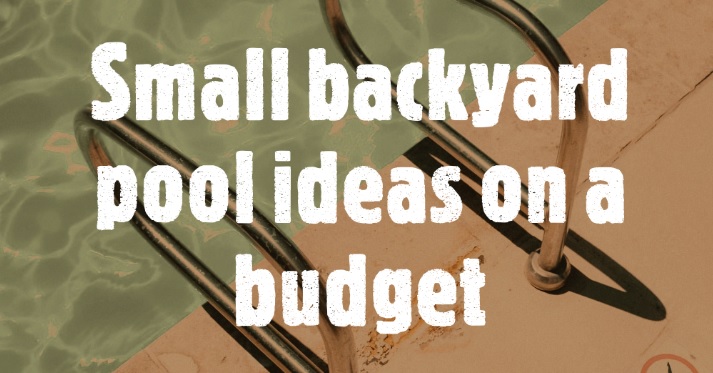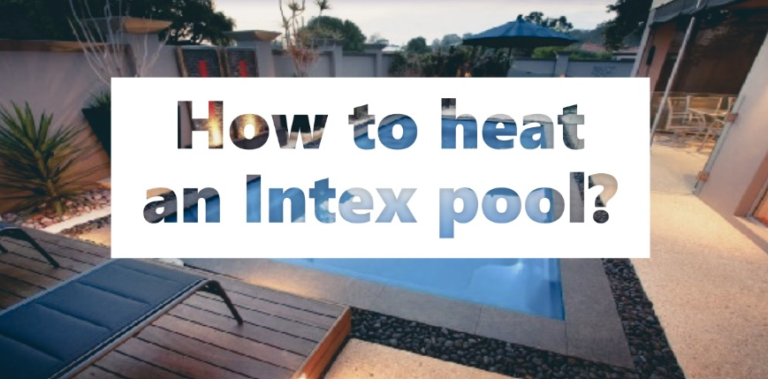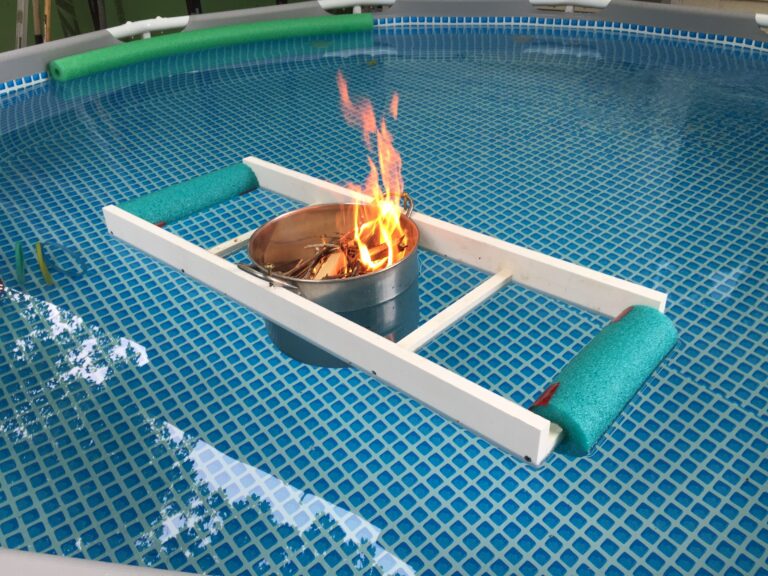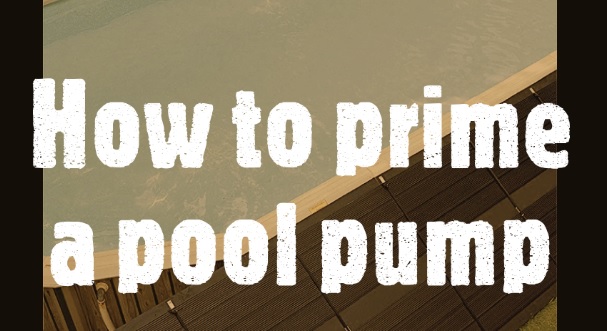How much heat does a pool lose overnight?
How much heat does a pool lose overnight? In this article, you will find the answer to this question.
A pool’s water temperature will drop even when no one is using it. If you don’t want this to happen, here’s what you can do:
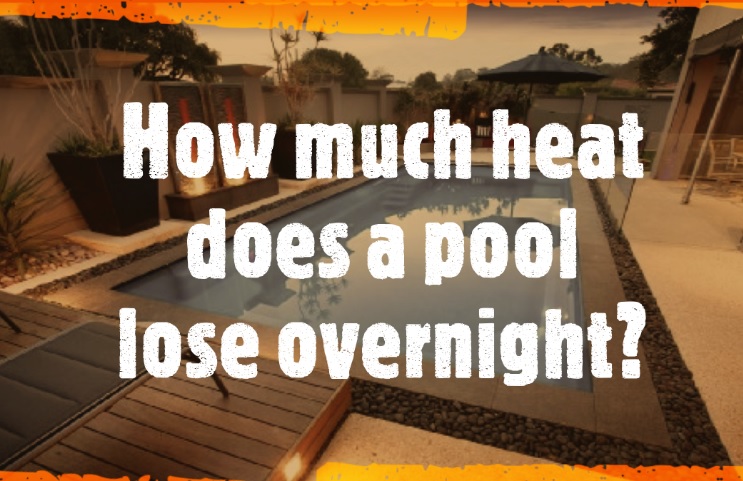
Pools lose heat overnight, mostly by evaporation
If you’ve ever been to a pool party, you know that pools are a great place to hang out. You can swim and relax in the water to cool off from the summer heat. But did you ever wonder how much energy your pool loses overnight?
A lot! Pools lose heat mostly by evaporation, which is why it’s important to cover your pool at night so that no more water evaporates than absolutely necessary. The more water evaporates and gets into the air as vapor, the less is left in your pool for people to swim in and enjoy (and also clean).
But don’t worry! There are plenty of ways for you keep your pool warm even after dark:
- Covering Your Pool – This will help keep most of its heat inside all night long. An unshaded, uncovered pool surface allows up to 80% of its energy loss through evaporation during hot weather conditions like those found here in Florida where we live because it takes very little time for liquid water droplets into vapor form; this makes covering an essential step if one wants their swimming area ready when they wake up in morning hours before sunrise arrives again
Pool heat loss can be reduced by covering a pool overnight
Pool heat loss can be reduced by covering a pool overnight. A cover will reduce the amount of heat loss and evaporation from your pool. It’s important to remember that evaporation is one of the main factors that causes a pool to cool down, so you’ll definitely want to consider this before buying a cover.
Covering your pool at night also helps keep debris out of the water such as leaves, bugs, and algae from building up on top of your waterline where they can quickly cause damage. If left unattended for too long these things could ruin your entire experience with owning a swimming pool; so make sure you have an effective way for keeping them away!
A pool can lose as much as 5 degrees F overnight
The main way a pool loses heat is through evaporation. Water evaporates during the day, but if you don’t add more water to the pool (via rain or your automatic filter), it will evaporate faster at night than it did during the day.
This happens because there are fewer people swimming in pools after dark than before dark; so while you’re still losing some heat to the air surrounding your pool and to any breeze that blows over its surface, there’s not much evaporation taking place if no one is using your swimming pool.
The other way a swimming pool loses heat overnight is by losing heat to its surroundings—that includes not only outdoor temperatures but also indoor ones (which can be higher). A covered or tarp-covered outdoor area helps keep out wind and cold air; likewise, an indoor space with plenty of insulation will hold onto warmth from inside better than an uninsulated exterior wall could do on its own.
A pool’s water temperature will drop even when no one is using it
The amount of heat loss a pool experience is dependent on a number of factors, including:
- The temperature, humidity, and wind speed outside. Evaporation causes a significant portion of heat loss in pools—so if it’s hot and humid outside, your pool will lose more heat than usual.
- The size and shape of your pool cover. If you have an uncovered swimming pool during the winter months, you can expect to lose up to 60% more energy than when covered by a properly sized cover.
- The quality and thickness of your liner material (rubber or vinyl). Although liners are generally quite durable over time, they’re not perfect insulators; therefore some energy is lost through conduction through their surfaces as well as convection within them due to air currents caused by wind or nearby objects like trees blowing in breezes outside your backyard fence line.”
Conclusion: How much heat does a pool lose overnight?
If you want to know how much heat your pool loses overnight, the easiest way is to measure its temperature in the morning. It will give you an idea of how quickly the water will cool down when it’s not being used (and when there are no other factors that might affect it). However, be aware that this measurement may not be 100% accurate because there are many environmental factors at play—like wind speed and humidity—that can affect a pool’s temperature.

